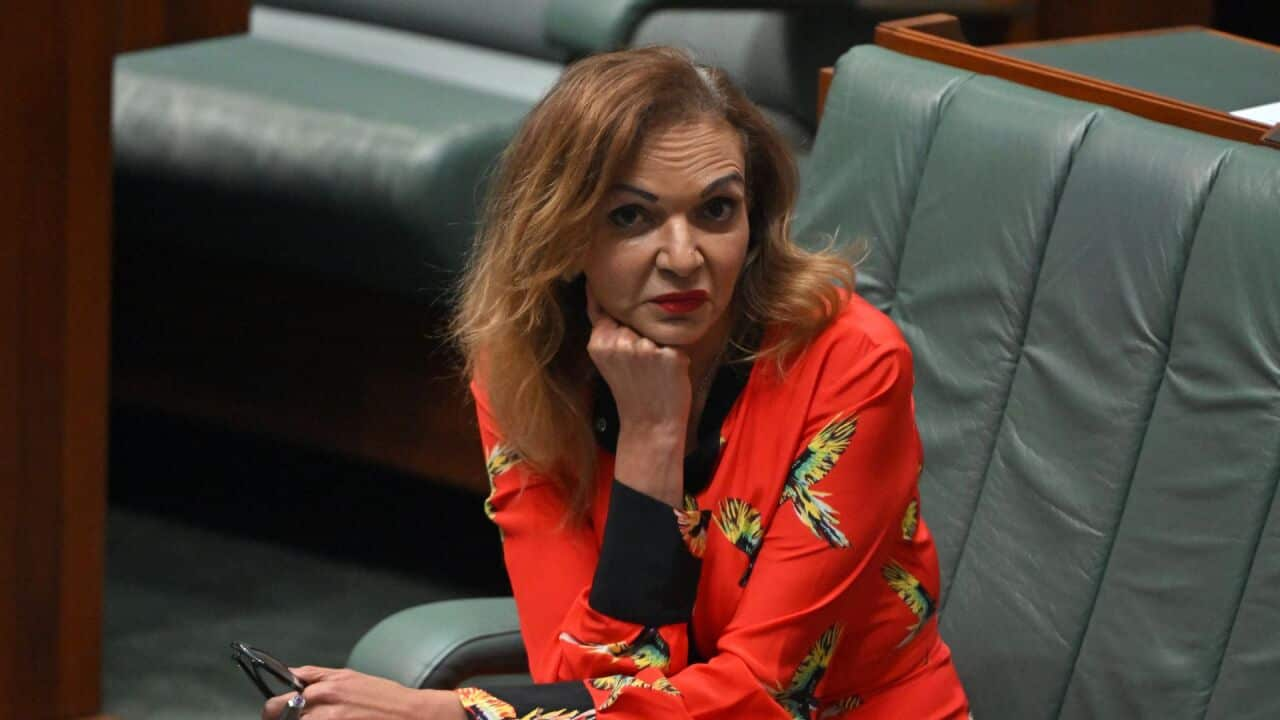The Department of Health is still encouraging those who've received their first dose of AstraZeneca not to cancel appointments for their second.
They said that almost all of the few reported cases of blood-clotting to date have occurred after the first dose of the vaccine, so they're advising people to stay confident if they've already had their first dose without experiencing any serious side effects.
But what's AstraZeneca's future in Australia beyond this?
Earlier this year, Australia secured 53.8 million doses of the vaccine, and plans were made to manufacture 50 million more onshore.
While the vaccine will continue to be available to those 60 and over, it's a far cry from the government's original plan to use it to immunise most people in the country.
Professor Jill Carr is a virologist at Flinders University's College of Medicine and Public Health. She says limiting the AstraZeneca vaccine to those 60 and over will affect Australia’s ability to achieve community immunity quickly.
“AstraZeneca was our initial major supplier. However, it seems the government has alternative arrangements in place to cover this shortfall in supply for the under 60s given the recent changes to recommendations for AstraZeneca use.”
Why can't we get rid of AstraZeneca and distribute Pfizer across the board?
Despite the very low blood-clotting risks, one reason is that the AstraZeneca jab has been commended for providing a high level of protection against death and hospitalisation associated with COVID-19.
Another reason we can't throw out our AstraZeneca supplies is that we don’t have enough doses of Pfizer for the whole population. Not yet, anyway.
lick on the player at the top of the page to listen to the podcast in Punjabi.
People in Australia must stay at least 1.5 meters away from others. Check your state’s restrictions on gathering limits.
If you are experiencing cold or flu symptoms, stay home and arrange a test by calling your doctor or contact the Coronavirus Health Information Hotline on 1800 020 080. News and information is available in 63 languages at sbs.com.au/coronavirus
Listen to SBS Punjabi Monday to Friday at 9 pm. Follow us on Facebook and Twitter.




